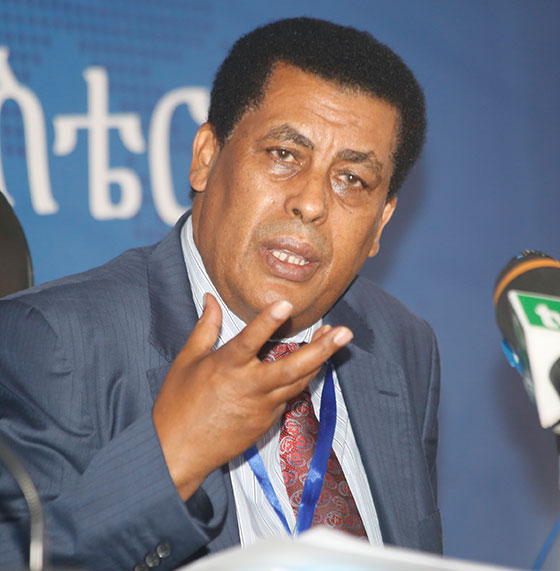
Fortune News | Aug 21,2021
Dec 4 , 2022
By Fisseha Mekuria (PhD)
With the recent inauguration of the science museum in the capital, Ethiopians are showing their aspiration for scientific and technological development in the digital era. The Science & Technology Museum (STM) can be essential in directing the younger generations residing in Ethiopia and Africa, comprising 70pc of the population. It could also inspire other African countries to build digital society-driven economic development.
When Nelson Mandela took office after the apartheid system in South Africa, many urged him to dismantle the Apartheid-era institutions, including the Council for Science & Industrial Research (CSIR). His response was to the contrary and visionary.
The Council, where I worked for over a decade as a chief research scientist, had the tagline "Our future is through science and technology" until recently. No less is Ethiopia's science and technology museum an institution developed to chart the future, supported by innovations. The digital technologies displayed in the museum are the most promising combinations to address the planet's current degradation in biodiversity and challenges.
The museum and its presence in the capital are a catalyst for the African renaissance, which many visionary leaders in the past and the present, including experts, have articulated. It is hoped to create an avalanche in other African cities to take cues, allowing them to develop digital start-ups and science-based technology. This could lead to agro-industry, inclusive rural digital communities, innovative information technologies and industrialisation services.
Africa should aspire and educate its youth on the use of these emerging technologies to develop resource-efficient agriculture, smart mining and transportation systems, and smart health services, as we have been successfully using these emerging technologies for military operations.
Unfortunately, instead of aspiring to use these technological outlets to develop resource-efficient agricultural, smart mining and transportation systems, the attitude seems to deploy emerging digital technologies for African military operations.
As the continent is endowed with youth demography, it would be easy to catch the pool of talented generations and redirect its educational system towards science and technology to inclusive digital transformation. The Museum's curators, in partnership with local and regional schools, colleges and universities, can help accelerate the youth's creativity and the creation of digital entrepreneurs. These can be equipped with skills to harness emerging tools to co-create innovative solutions to address sustainable social and economic development challenges.
The Museum should include a unit to deal with a multidisciplinary intervention for current adverse outcomes in the country and Africa. Such a unit should have branches in all regional universities, attracting talented graduates to work on developing innovative solutions guided by mentors wired in challenge-based innovative solutions.
The Museum's impact should spread to regional and rural areas by following the concept of an inclusive digital society. This requires a policy framework to provide affordable broadband and access to digital technologies in rural and previously disadvantaged communities. Such a framework was developed and tested in South Africa. The CSIR developed the project in partnership with the UNDP and UK government, and it is now under introduction to several African countries.
The project not only spreads innovative ideas from the Museum in the capital to communities in the regional states but also provides support for creating local digital entrepreneurship to empower members of rural communities.
At a recent technology conference held in Bahir Dar (ICT4DA-2022), inspired by the UN's decade-long ecosystem restoration, emerging digital technologies for the protection and rescue operation of biodiversity ecosystems were discussed to invigorate young innovators and graduate students to use emerging digital technologies for biodiversity protection. Simultaneously, it develops innovative science and emerging technology-inspired solutions to create digital businesses which can sustain the expanded services and create much-needed locally relevant jobs.
Such digital empowerment of rural communities is a way to reduce the burden of the ever-burgeoning metropolia of Africa. Seeing the pace of growth in these cities is evident that social services cannot cope for far too long. Perhaps the worst impact could be climate change and the air pollution created. People should have an alternative to live in rural and regional towns with the same quality of social services. Inclusive digital transformation should be the agenda of intelligent regional city administrators and progressive rural community planners. This will lead to efficiently utilizing natural resources and manmade infrastructure for job creation and nurturing a healthy society.
PUBLISHED ON
Dec 04,2022 [ VOL
23 , NO
1179]
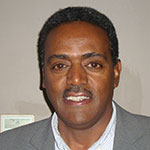

Fortune News | Aug 21,2021

Agenda | May 31,2025
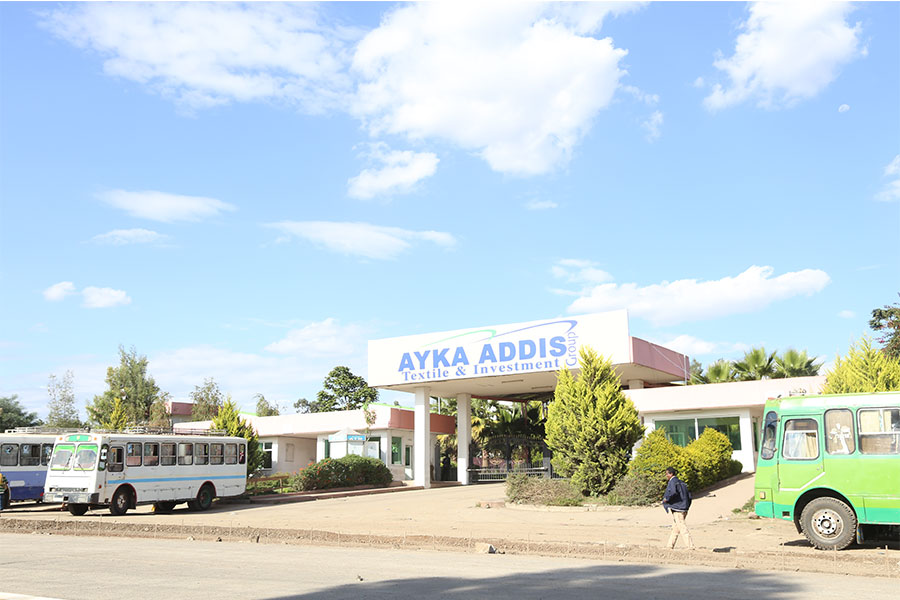
Fortune News | Dec 27,2018

My Opinion | Aug 13,2022

My Opinion | Aug 12,2023
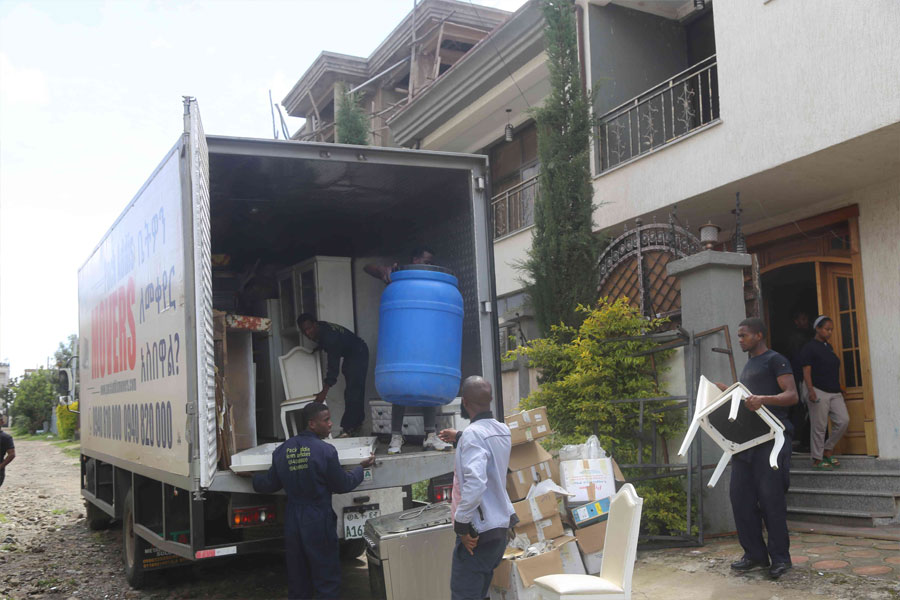
Agenda | May 27,2023
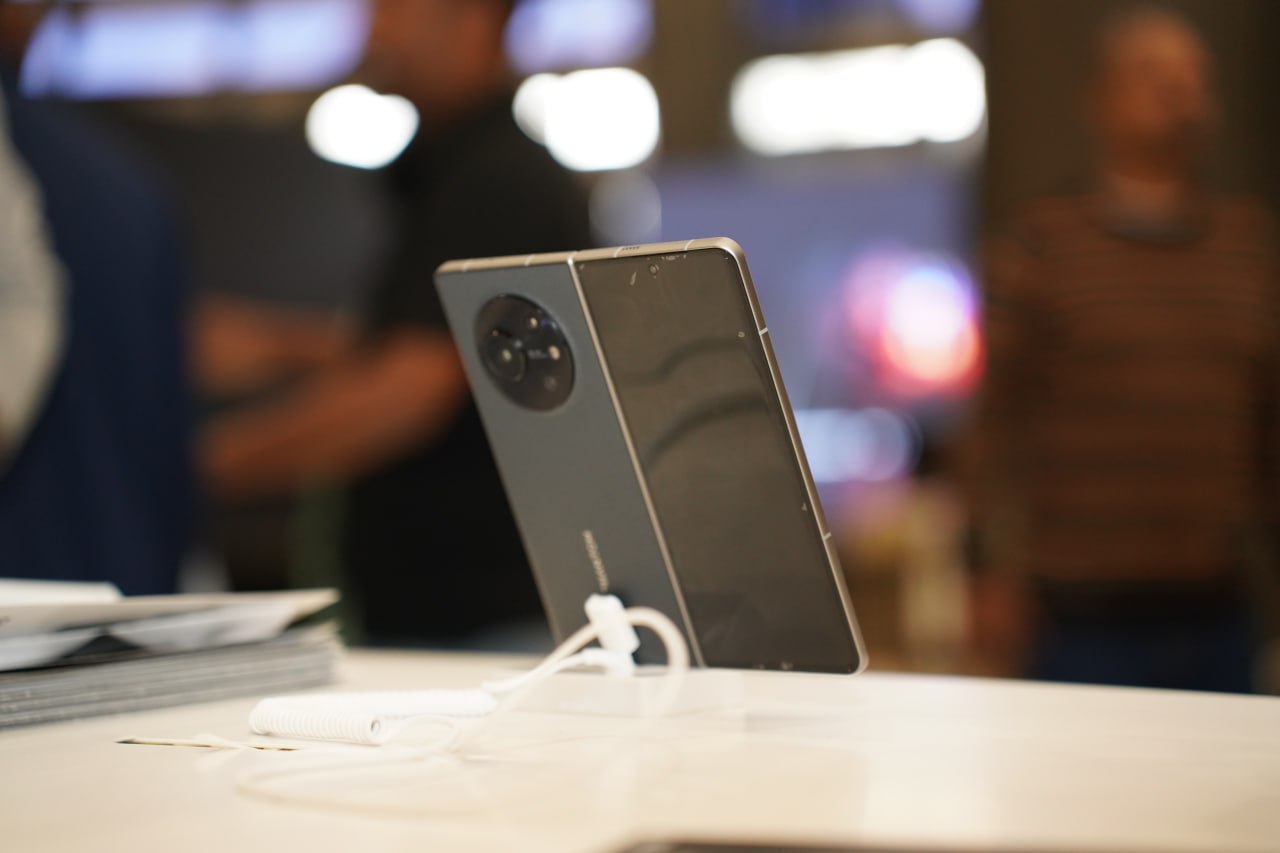
Advertorials | Jun 05,2023
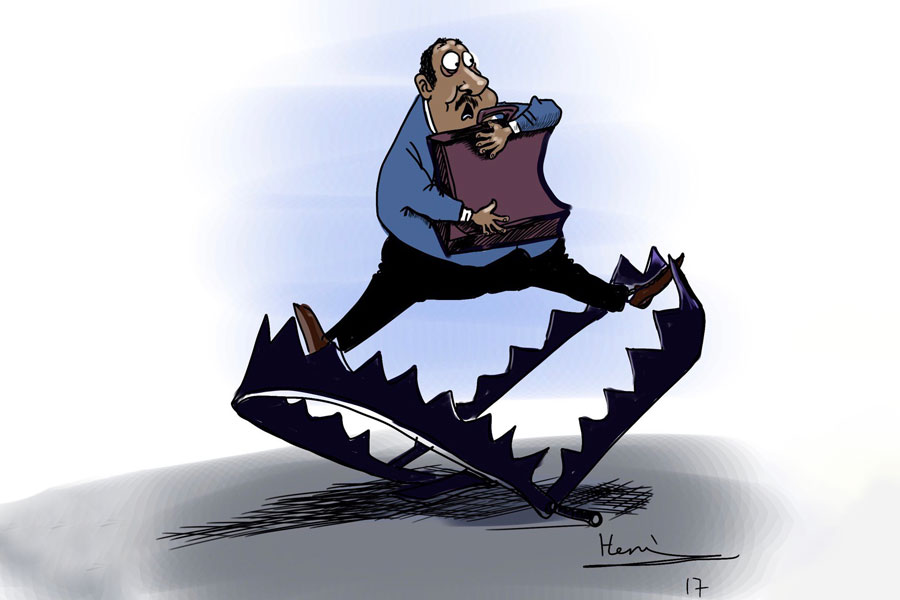
Editorial | Oct 20,2024
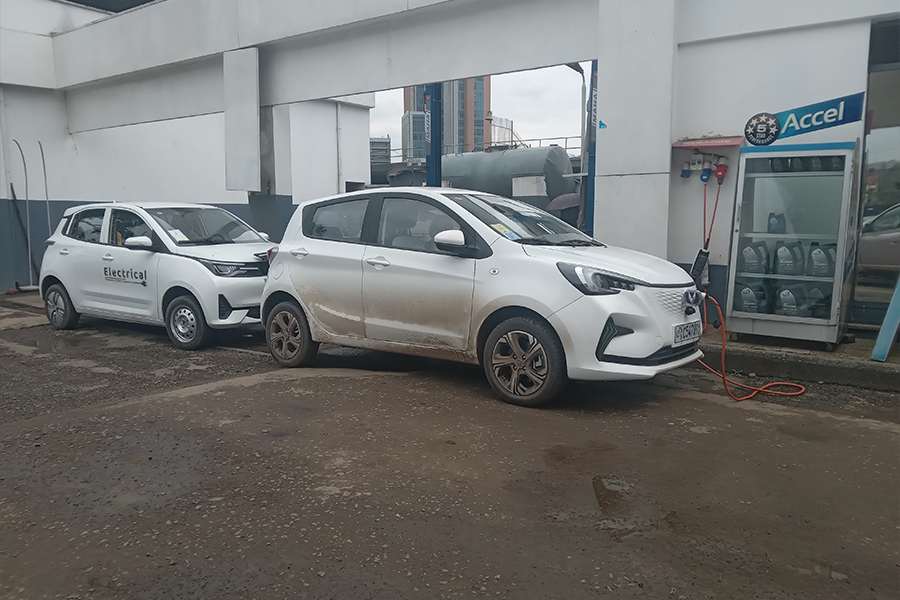
In-Picture | Aug 04,2024
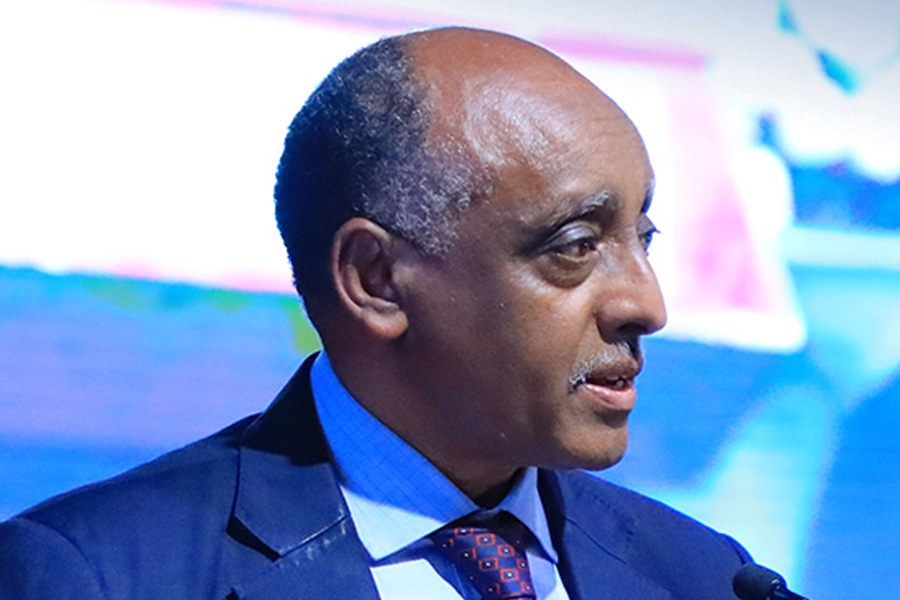
Radar | Dec 15,2024

My Opinion | 131548 Views | Aug 14,2021

My Opinion | 127903 Views | Aug 21,2021

My Opinion | 125879 Views | Sep 10,2021

My Opinion | 123510 Views | Aug 07,2021

Dec 22 , 2024 . By TIZITA SHEWAFERAW
Charged with transforming colossal state-owned enterprises into modern and competitiv...

Aug 18 , 2024 . By AKSAH ITALO
Although predictable Yonas Zerihun's job in the ride-hailing service is not immune to...

Jul 28 , 2024 . By TIZITA SHEWAFERAW
Unhabitual, perhaps too many, Samuel Gebreyohannes, 38, used to occasionally enjoy a couple of beers at breakfast. However, he recently swit...

Jul 13 , 2024 . By AKSAH ITALO
Investors who rely on tractors, trucks, and field vehicles for commuting, transporting commodities, and f...

Jun 28 , 2025
Meseret Damtie, the assertive auditor general, has never been shy about naming names...

Jun 21 , 2025
A well-worn adage says, “Budget is not destiny, but it is direction.” Examining t...

Jun 14 , 2025
Yet again, the Horn of Africa is bracing for trouble. A region already frayed by wars...

Jun 7 , 2025
Few promises shine brighter in Addis Abeba than the pledge of a roof for every family...

Jun 29 , 2025
Addis Abeba's first rains have coincided with a sweeping rise in private school tuition, prompting the city's education...

Jun 29 , 2025 . By BEZAWIT HULUAGER
Central Bank Governor Mamo Mihretu claimed a bold reconfiguration of monetary policy...

Jun 29 , 2025 . By BEZAWIT HULUAGER
The federal government is betting on a sweeping overhaul of the driver licensing regi...

Jun 29 , 2025 . By NAHOM AYELE
Gadaa Bank has listed 1.2 million shares on the Ethiopian Securities Exchange (ESX),...